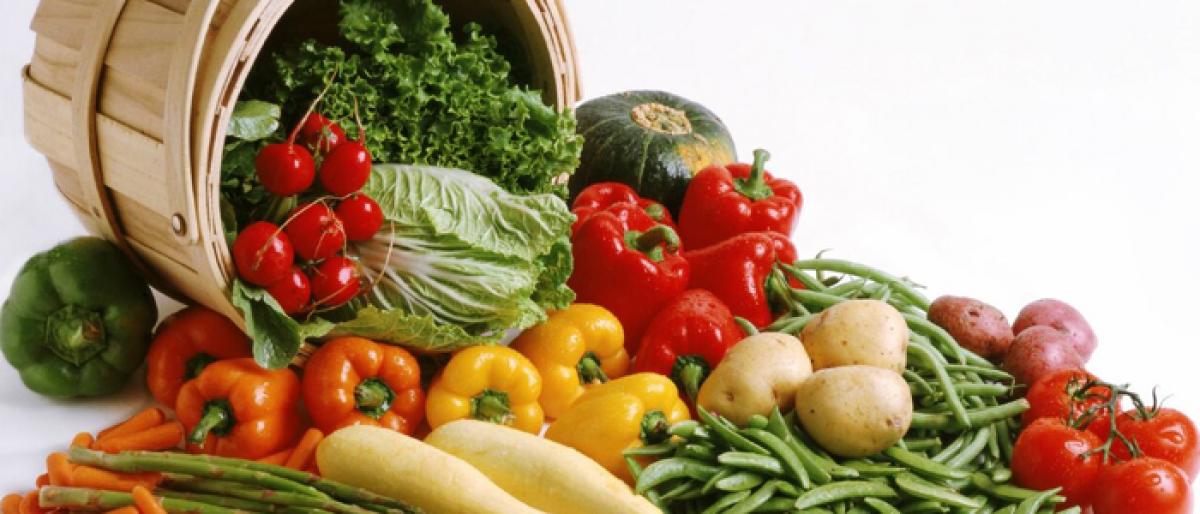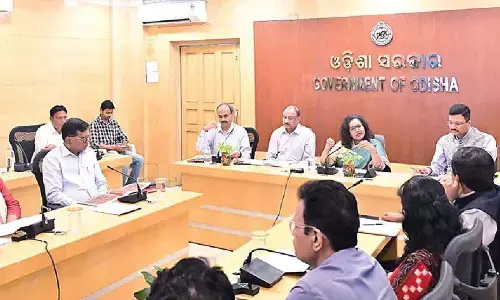You are what you eat

Sustainable living means being able to reduce your personal use of the earths natural resources Here are a few ways, which can help you take better choices by planning ahead and ensuring the switch over to living a sustainable food life
Sustainable living means being able to reduce your personal use of the earth’s natural resources. Here are a few ways, which can help you take better choices by planning ahead and ensuring the switch over to living a sustainable food life.
Local and seasonal food: I would say this is the most basic switch you can take towards your path of a sustainable food life. We get millets like quinoa from the Western world we should be smart and opt for their equivalent locally grown millets like amaranth. Don’t follow fads and choose the exotic variety but choose the nutritionally better counterpart growing right in your backyard.
This helps the environment for a couple of reasons. Local farms flourish, the wildlife in that area blossoms and there is minimal energy used in food production, storage and transport. Since produce can lose up to half of its nutritional value between harvesting and eating choose local over import. Plant over animal kingdom: Majority of you will associate the plant kingdom with green plants that grow on our planet.
When these plants are cultivated properly for consumption we get all our vitamins, minerals, antioxidants and so much more. On the other hand, the animal kingdom gives us only a little or none of these. Meat consumption also has high environmental costs and is known to degrade land and severely deplete land resources especially water. Choosing the vegetarian lifestyle reduces demand for meat thus reducing any harmful environmental impact. Choose grass-fed meat if you prefer meat in your diet.
Organic food: I cannot stress the fact that as much as you can, include organic food in your diet. From spices to the actual produce, organic is the way to go. Organic farming does not have any pesticides or chemicals in it and focuses solely on restoring the soil and ecosystem and is known to improve the nutritional content of foods. Green Punjab, the best example, is now Black Punjab because of the excessive pesticide use. Most of the land is barren where nothing grows. While it is important to eat local foods, chose the ones grown the conventional way.
Less processed: The word-processed should give a signal in your head as it is not something sustainable. Processed foods tend to be more resource intensive and there is a very high usage of packing and packaging to produce and store these goods. They also contain high levels of white flour, white sugar, fat and salt and other questionable ingredients. Aerated drinks also use more water to be made so just switch to having simple delicious water.
We have all heard the saying ‘you are what you eat’ so a plant-based diet from local and seasonal sources can be good for your health and for the well-being of the planet. Be more conscious about food. Understand the efforts that go into growing, harvesting, packing and cooking food. Promise to treat it well. Eat well, don’t waste well. Eat thoughtfully and watch your life transform into a healthier one because of a sustainable food life.




